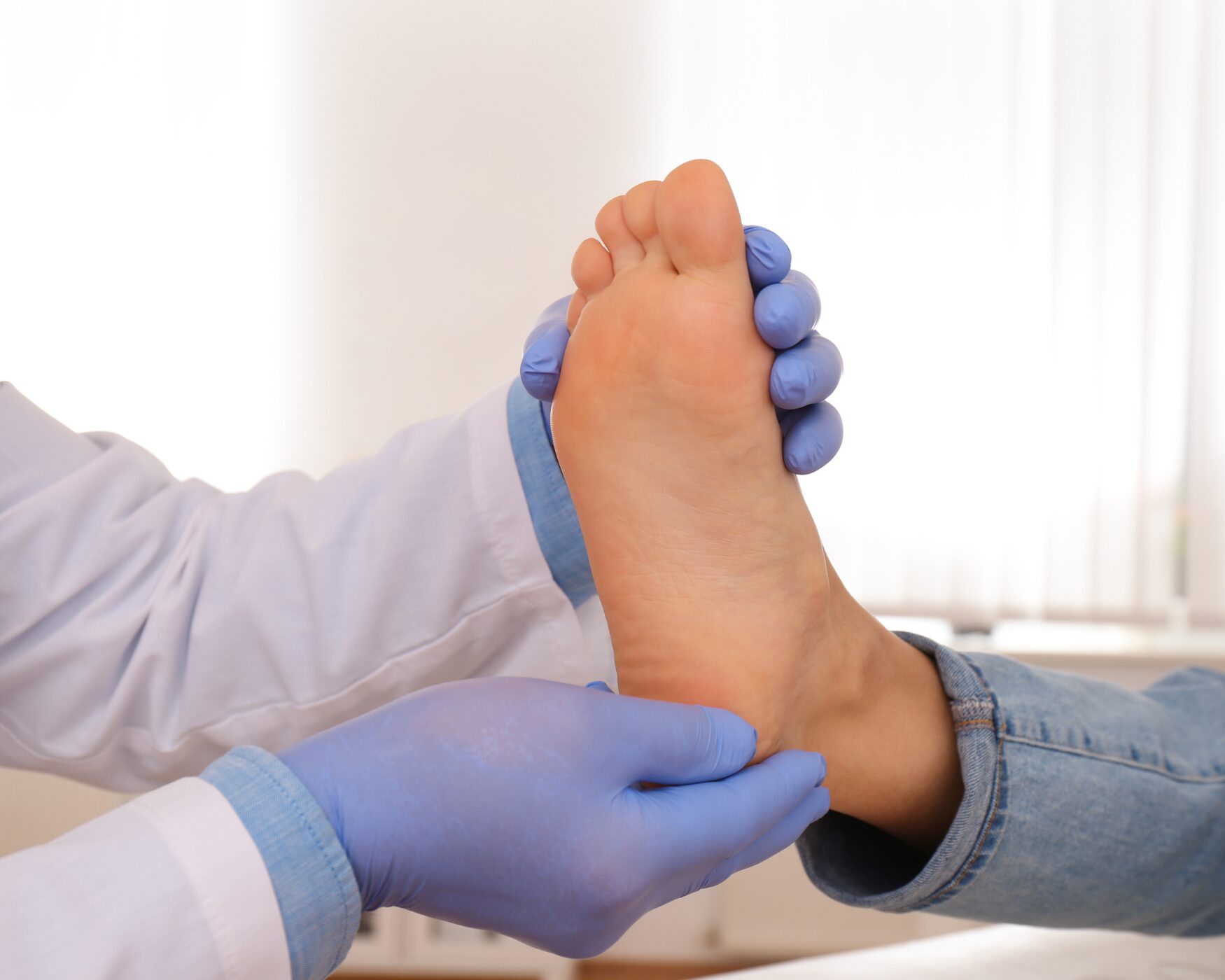Diabetes is a chronic condition with far-reaching implications, one of the most severe being its impact on foot health. The diabetic foot is prone to complications such as ulcers, infections, and neuropathic damage, which can lead to amputations if not managed correctly. The role of healthcare providers in preventing these outcomes is critical, and failure to provide adequate care constitutes Medical Negligence, a grave concern with significant ethical and legal ramifications.
Proper foot care is paramount for individuals with diabetes. Diabetic neuropathy, a common consequence of chronic high blood sugar levels, reduces sensation in the feet, making patients unaware of injuries or infections. Peripheral arterial disease, another complication, impairs blood flow, thus delaying healing. Combined, these factors create a high risk for non-healing ulcers and severe infections.
Routine foot examinations by healthcare professionals are essential. These should include:
Preventative care also involves managing blood sugar levels, addressing any foot deformities with appropriate footwear, and ensuring regular podiatric consultations.
Medical Negligence occurs when a healthcare provider fails to deliver the standard of care expected, resulting in harm to the patient. In the context of diabetic foot care, negligence can manifest in several ways:
The legal framework surrounding Medical Negligence is grounded in the duty of care that healthcare providers owe to their patients. When this duty is breached, and harm ensues, it becomes a matter for legal redress. Patients or their families can seek compensation for damages, which may include medical expenses, pain and suffering, and loss of earnings.
Ethically, healthcare providers are entrusted with the responsibility to act in the best interest of their patients. Negligence in Diabetic foot care not only violates this ethical obligation but also undermines the trust placed in medical professionals.
Examining case studies of Medical Negligence in Diabetic foot care provides valuable insights into common pitfalls and preventative strategies. Consider the following examples:
A 55-year-old diabetic patient presented with a small foot ulcer. Despite the patient’s complaints of persistent pain, the GP failed to refer the patient to a specialist, opting instead for standard wound care. The ulcer worsened, leading to a severe infection and ultimately, an amputation. The court ruled in favour of the patient, citing the physician’s failure to act promptly and refer to a podiatrist.
In another instance, a Diabetic patient developed a foot infection after not being properly educated on the importance of daily foot inspections and appropriate footwear. The healthcare provider’s oversight in patient instruction resulted in severe complications. Legal action was taken, and the provider was held accountable for not adequately educating the patient on preventative care.
To mitigate the risks of Medical Negligence in Diabetic foot care, healthcare systems must implement robust protocols:
Advancements in technology offer promising solutions for improving Diabetic foot care. Telemedicine enables regular check-ups and immediate consultation with specialists, particularly beneficial for patients in remote areas. Wearable devices that monitor foot temperature and detect early signs of ulcers can alert patients and providers to potential problems before they escalate.
Medical Negligence in Diabetic foot care is a critical issue that demands concerted efforts from healthcare providers, patients, and the broader medical community. By prioritising preventive care, adhering to established guidelines, and leveraging technological innovations, the incidence of negligence can be significantly reduced. Ensuring that Diabetic patients receive the highest standard of foot care is not only a medical necessity but also an ethical imperative, safeguarding their quality of life and preventing avoidable suffering.
If you or a loved one have been affected by Medical Negligence in Diabetic foot care, do not hesitate to contact our Medical Negligence team. We are highly experienced in a wide range of claims and we’re able to assess a case, understand it and then represent you compassionately & effectively.
